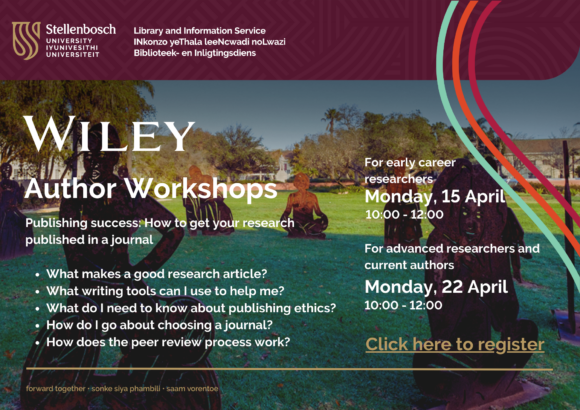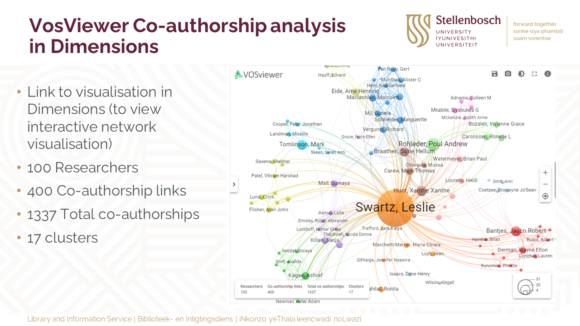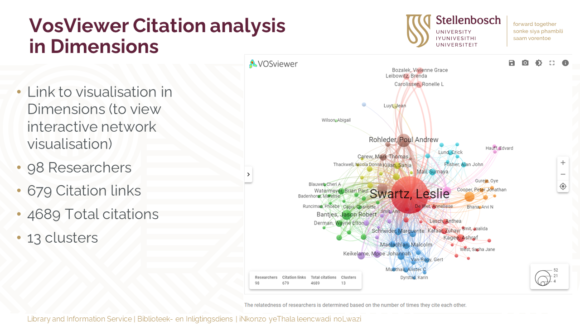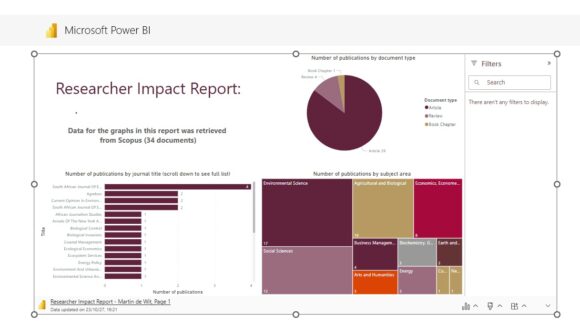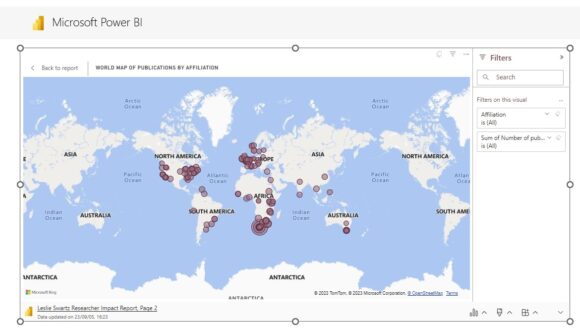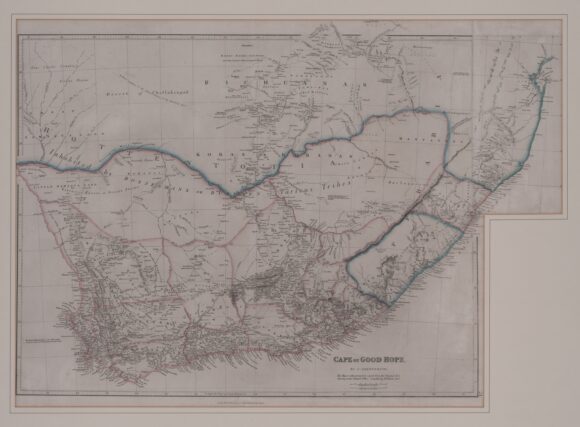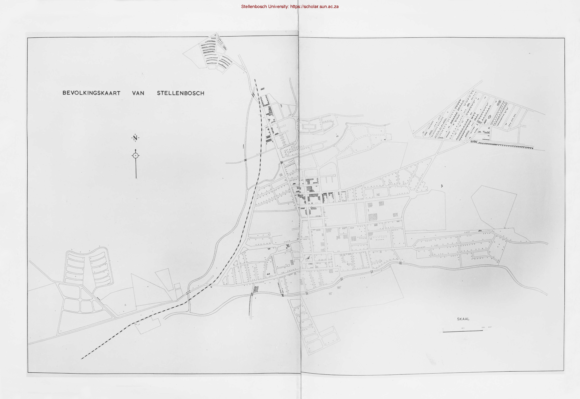The Library and Information Service is pleased to announce two additional Open Access (read and publish) agreements recently signed in addition to existing agreements. These agreements extend reading access and provide Open Access publishing opportunities for Stellenbosch University staff and students. Authors can publish in fully Open Access journals at a discount and in hybrid journals without having to pay article processing charges (APCs).
The following agreements were signed in 2024:
Taylor & Francis (T&F) Open Access (Read and Publish) agreement

This agreement commenced in 2024. It is a three-year agreement (2024-2026).
Institutions participating in this agreement have read access to nearly 2000 journals in the Social Sciences and Humanities (SSH) and Science & Technology (S&T) packages. In addition, eligible authors affiliated with subscribing institutions can publish their articles open access in all Taylor & Francis Open Select (hybrid) journals without paying article processing charges (APCs). Eligible authors will also benefit from a 10% discount when they publish in the Taylor & Francis fully Open Access journals. Read the full press release here.
The Company of Biologists Open Access (Read and Publish) agreement
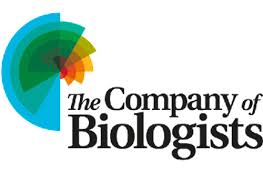
This agreement commenced in 2024. It is a three-year agreement (2024-2026).
Under this agreement, corresponding authors from the SU community can publish an unlimited number of research articles as Open Access in the publisher’s hybrid journals, such as Development, Journal of Cell Science, and Journal of Experimental Biology, as well as their fully Open Access journals, including Disease Models & Mechanisms and Biology Open. Authors will not be required to pay any article processing charges (APCs) for these publications. Researchers will also benefit from unrestricted access to the publisher’s hybrid journals, including their complete archives dating back to 1853. Read the full press release here.
Contact details:
For more information about the publishers and to view titles eligible for Open Access publishing, please visit https://libguides.sun.ac.za/OApublishing.
Enquiries about Open Access agreements may be directed to the Manager: Scholarly Communications and Open Access, Tel: 021 808 9907.
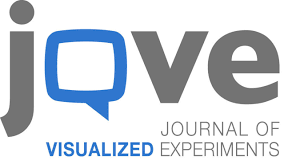
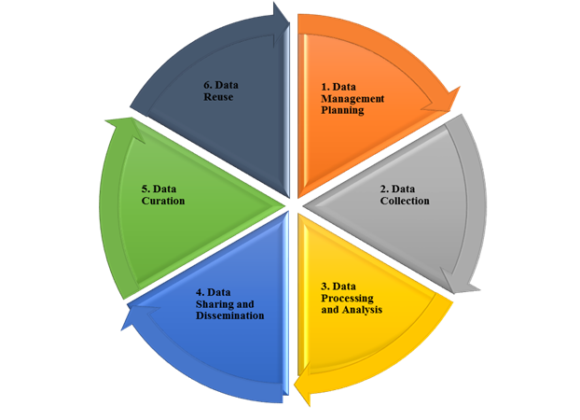

)(1).png)


